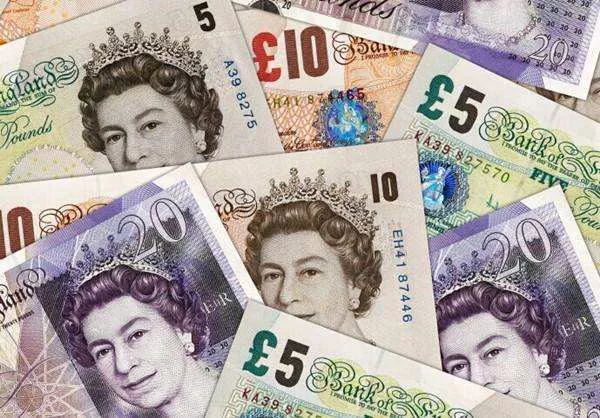The British Pound Sterling (GBP), a symbol of economic strength and stability, plays a pivotal role in the global financial landscape. Understanding who controls the GBP is crucial for investors, policymakers, and anyone interested in the intricacies of the international monetary system. Contrary to common belief, the control of a currency is not a straightforward affair, and various entities contribute to shaping the value and stability of the GBP.
The Bank of England:
At the heart of the control mechanisms for the GBP is the Bank of England (BoE). Established in 1694, the BoE is the United Kingdom’s central bank and is tasked with maintaining price stability and supporting the economic objectives of the government. The Monetary Policy Committee (MPC), a key component of the BoE, is responsible for setting the official interest rate, known as the Bank Rate. Changes in interest rates influence inflation, economic growth, and, consequently, the value of the GBP.
The BoE also engages in open market operations, buying and selling government securities to influence the money supply. Additionally, the BoE holds significant reserves of foreign currencies, contributing to its ability to stabilize the GBP in the foreign exchange market.
Government Policies and Fiscal Measures:
While the BoE focuses on monetary policy, the government also plays a vital role in controlling the GBP through fiscal policies. Government decisions on taxation, public spending, and economic reforms can impact the currency’s value. The relationship between the government’s fiscal policies and the BoE’s monetary policies is crucial for maintaining overall economic stability.
Brexit, the United Kingdom’s withdrawal from the European Union, serves as a recent example of how government decisions can influence the GBP. The uncertainty surrounding Brexit negotiations led to fluctuations in the currency markets, showcasing the direct connection between political events and currency value.
Market Forces: Supply and Demand:
In the foreign exchange market, the GBP’s value is ultimately determined by supply and demand dynamics. Market participants, including banks, financial institutions, corporations, and individual traders, actively buy and sell GBP based on economic indicators, geopolitical events, and other factors. These market forces can override central bank interventions and government policies in the short term.
Global economic conditions and trade relationships also influence the GBP’s value. For instance, changes in commodity prices, global economic growth, and geopolitical tensions can impact investor confidence in the British economy and, consequently, the demand for GBP.
International Investors and Speculators:
Currency markets are not only influenced by economic factors but also by the actions of international investors and speculators. Hedge funds, institutional investors, and individual traders actively participate in the foreign exchange market, buying and selling currencies to capitalize on price movements.
Speculative activities can lead to short-term fluctuations in the GBP’s value. Large-scale trades or market sentiment shifts can create volatility, causing rapid changes in exchange rates. While central banks and regulatory authorities strive to maintain stability, the influence of global financial players cannot be underestimated.
External Economic Factors:
The globalized nature of the modern economy means that external economic factors impact the GBP significantly. Economic events in major trading partners, such as the Eurozone, the United States, and emerging markets, can influence the GBP’s value. Trade balances, interest rates, and economic indicators from these regions all contribute to shaping market perceptions and, subsequently, the GBP’s strength.
SEE ALSO What is GBP money? A Comprehensive Overview
Conclusion:
In conclusion, the control of the GBP is a complex interplay of various factors, with no single entity holding absolute authority. The Bank of England, through its monetary policies, wields significant influence, but the government’s fiscal decisions, market forces, international investors, and external economic factors all contribute to the GBP’s dynamics.
Investors and policymakers must navigate this intricate landscape, considering the multifaceted nature of the forces that impact the currency. Understanding the dynamics of who controls the GBP is not only a matter of economic interest but also a key element in predicting and managing risks in the ever-evolving global financial system.


